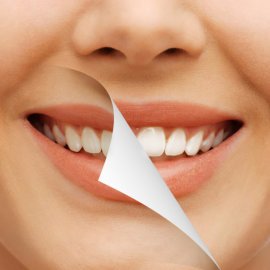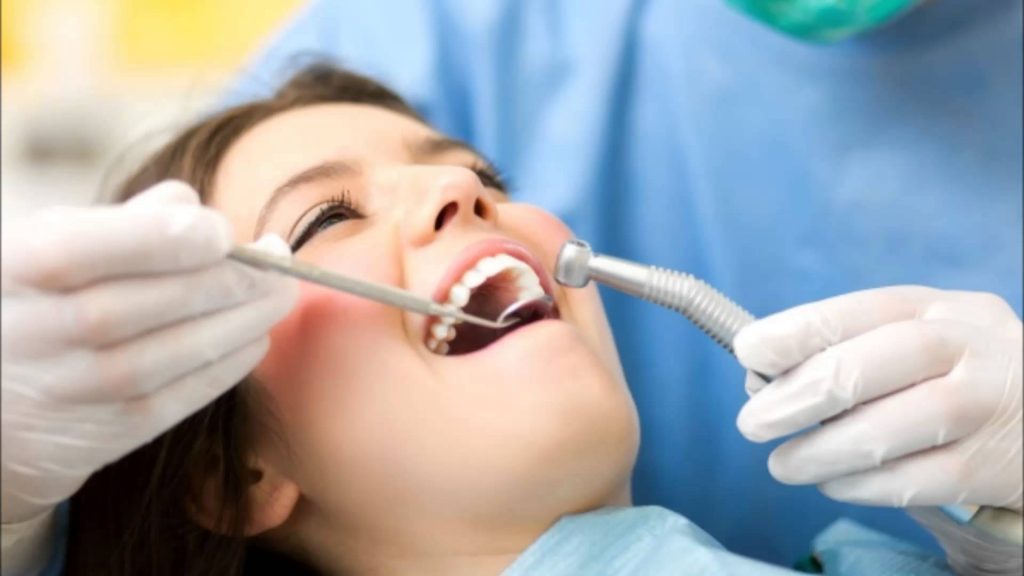
When you think of “healthy” foods, do you only consider them that because they’re low in fat or simply marketed that way? You’ll be surprised to know that some of the foods you consider good for your body and overall health and wreak total havoc on your mouth, according to a children’s dentist. As a parent, packing your child’s lunch is a big task to take on because you want to promote making nutritional choices in the future. Before you go out to buy snacks and drinks to make the first week of school lunches, you should know these five surprising health foods you’ll want to avoid.
(more…)








